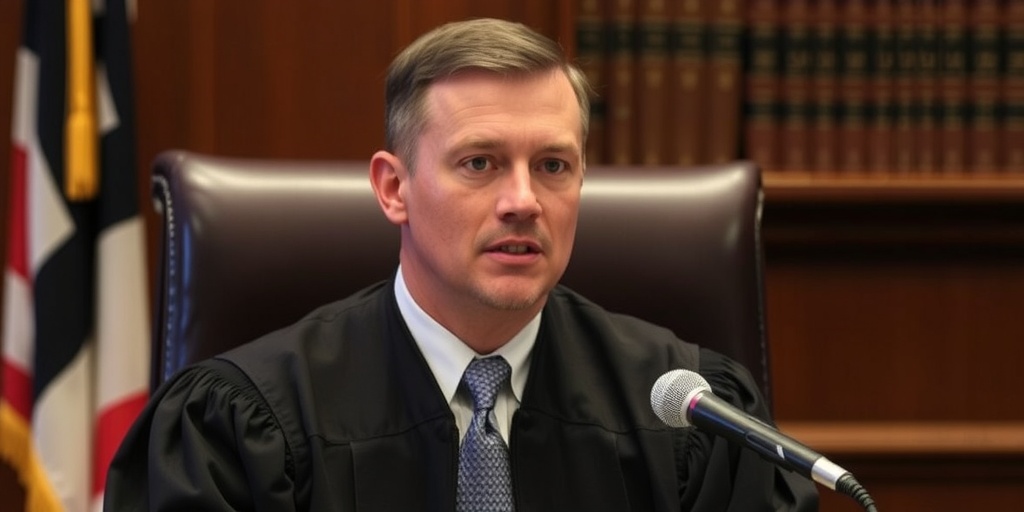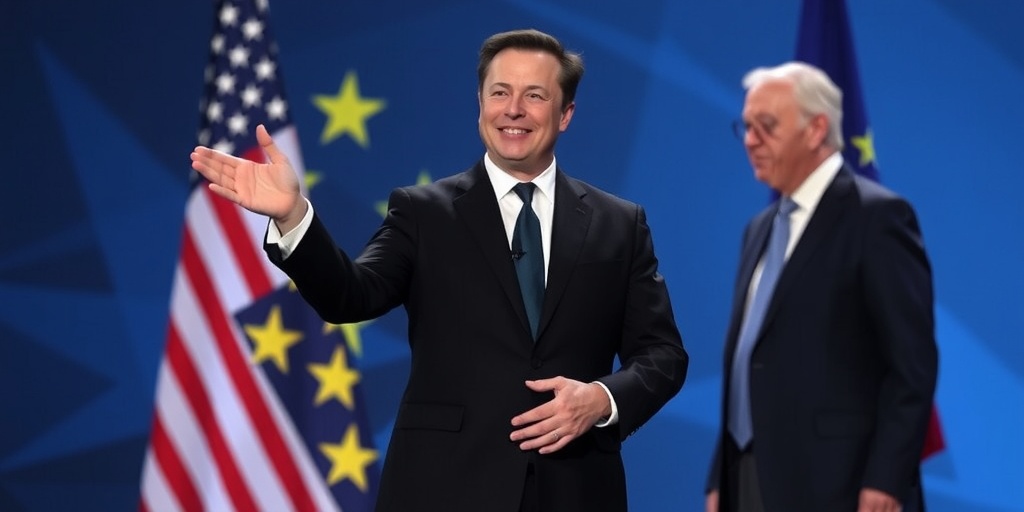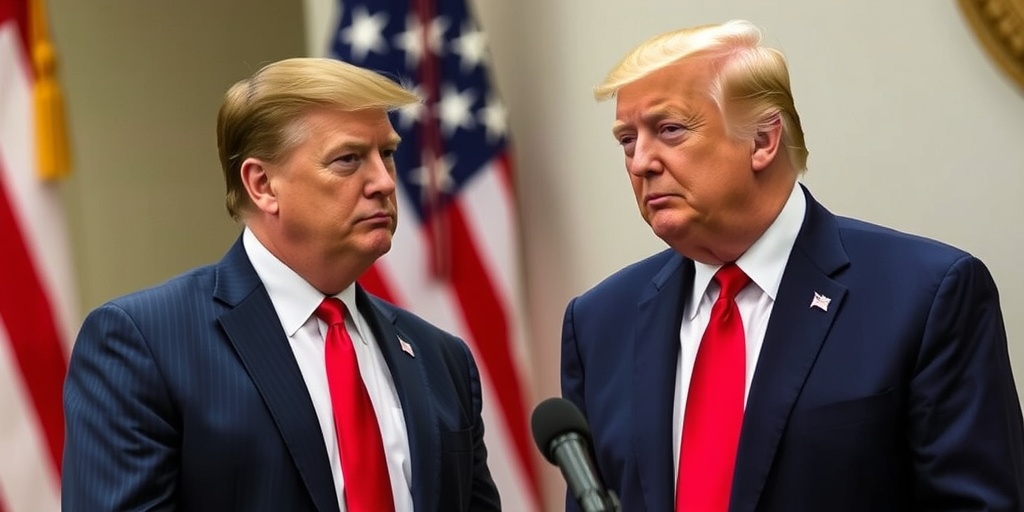Now Reading: Judge Decries ‘Grievous Error’ in Maryland Man’s Wrongful Deportation
-
01
Judge Decries ‘Grievous Error’ in Maryland Man’s Wrongful Deportation
Judge Decries ‘Grievous Error’ in Maryland Man’s Wrongful Deportation

Federal Judge Criticizes Trump Administration for Inadvertent Deportation of Salvadoran Migrant
In a startling development, a federal judge in Maryland has condemned the Trump administration for what she described as a “grievous error” in the deportation of Kilmar Armando Abrego Garcia, a Salvadoran migrant. This ruling came after Abrego Garcia was mistakenly sent back to El Salvador, where he was incarcerated in one of the most dangerous prisons in the Western Hemisphere.
In a ruling issued on Sunday, Judge Paula Xinis expressed her shock at the administration’s actions and called for Abrego Garcia’s immediate return to the United States by the end of the day on Monday. This decision builds upon a previous, more succinct ruling from Friday, which outlined the necessary steps that the White House must take to rectify the situation. The judge’s strong words highlighted the severity of what she sees as a profound violation of justice, as Abrego Garcia was deported on March 15 despite a standing court order that permitted him to stay in the country.
According to the judge, the Trump administration officials disregarded their legal responsibilities by deporting Abrego Garcia, ultimately placing him in harm’s way in a foreign prison system. "As defendants acknowledge, they had no legal authority to arrest him, no justification to detain him, and no grounds to send him to El Salvador," Judge Xinis articulated in her detailed 22-page order. The judge further emphasized the absurdity of the administration’s claim that she lacked the power to intervene, stating, “Having confessed grievous error, the defendants now argue that this court lacks the power to hear this case, and they lack the power to order Abrego Garcia’s return.”
Adding to the complexity of this case, Judge Xinis also scrutinized the administration’s rationale for the deportation, which was based on allegations that Mr. Abrego Garcia was affiliated with the notorious gang MS-13, now regarded by officials as a terrorist organization. The judge pointed out the flimsy nature of the evidence against him, noting that the accusations stemmed from a single, unverified claim. "The ‘evidence’ against Abrego Garcia consisted of nothing more than his Chicago Bulls hat and hoodie,” she stated, “and a vague, uncorroborated allegation from a confidential informant claiming he belonged to MS-13’s ‘Western’ clique in New York — a place he has never lived."
Despite the judge’s strong condemnation of the actions taken by the administration, officials have been defending their position. Attorney General Pam Bondi took to Fox News on Sunday, asserting that Abrego Garcia was indeed a gang member, referencing testimony from immigration agents. However, this defense has been widely questioned given the lack of substantiating evidence presented in court.
In a further development, the Justice Department has requested that the U.S. Court of Appeals for the Fourth Circuit place a hold on Judge Xinis’s order requiring Abrego Garcia’s return by 11:59 p.m. on Monday. As the appeals court deliberates this request, it could render a decision as early as Sunday evening, particularly following briefs from Abrego Garcia’s legal team in favor of the judge’s ruling.
Adding to the turmoil within the Justice Department, Erez Reuveni, the acting deputy director of the department’s immigration litigation division, was placed on leave shortly after he made an appearance before Judge Xinis. His admission of frustration over how the department handled the case led to a directive that ultimately sidelined him, as detailed in a letter acquired by The New York Times. This internal strife reflects the growing dissatisfaction with the administration’s handling of immigration-related cases and its broader implications on justice and due process.
Judge Xinis’s ordered remedy underscores the potential ramifications of the Trump administration’s immigration policies, particularly concerning the treatment of migrants and the legal obligations of government officials. The outcome of this case may also set a precedent for how similar cases are addressed in the future. As this story unfolds, it continues to highlight the contentious nature of immigration enforcement under the current administration, raising questions about legal accountability and human rights.
Stay Informed With the Latest & Most Important News
Previous Post
Next Post
-
 01New technology breakthrough has everyone talking right now
01New technology breakthrough has everyone talking right now -
 02Unbelievable life hack everyone needs to try today
02Unbelievable life hack everyone needs to try today -
 03Fascinating discovery found buried deep beneath the ocean
03Fascinating discovery found buried deep beneath the ocean -
 04Man invents genius device that solves everyday problems
04Man invents genius device that solves everyday problems -
 05Shocking discovery that changes what we know forever
05Shocking discovery that changes what we know forever -
 06Internet goes wild over celebrity’s unexpected fashion choice
06Internet goes wild over celebrity’s unexpected fashion choice -
 07Rare animal sighting stuns scientists and wildlife lovers
07Rare animal sighting stuns scientists and wildlife lovers





















